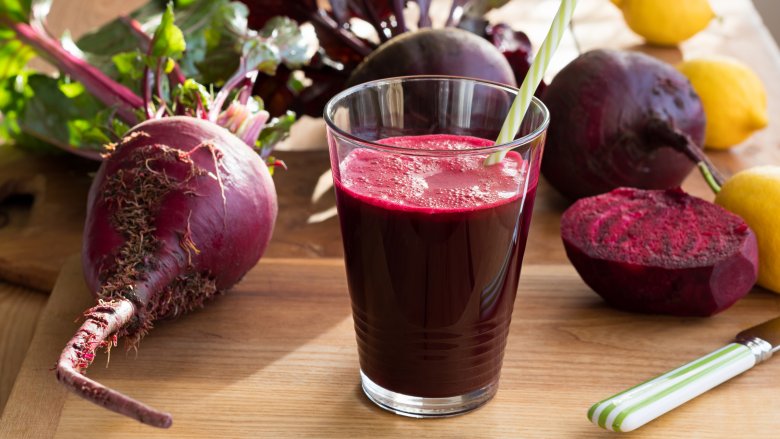Beetroot, a vibrant and nutritious vegetable, is known for its striking red color and numerous health benefits. However, one of the most intriguing phenomena associated with beetroot consumption is the change in urine color, which can turn a bright red or pink. This unusual occurrence raises questions about the science behind it and its implications for health.
However, the extent to which beetroot affects urine color can vary from person to person. Factors such as individual metabolism, the acidity of the digestive system, and the amount of beetroot consumed can influence whether the color change occurs. In some individuals, the pigments are broken down effectively, while in others, they pass through the digestive system intact, leading to red urine.
- pH Levels: The acidity of a person’s urine can affect how betalains are processed. More acidic urine may lead to a higher likelihood of color change.
- Stomach Acid: The presence of stomach acid can break down betalains, reducing the chances of them appearing in urine. This means that individuals with lower stomach acidity may be more likely to experience beeturia.
- Genetics: Some studies suggest that genetic factors may play a role in how individuals metabolize beetroot and its pigments, leading to variations in urine color.

